In August 2020, thanks to the support of English Department Chair Anja Wanner, and Associate Dean for Humanities Sue Zaeske and Dean Eric Wilcots from the College of Letters & Science (among many others), UW-Madison’s Writing Center was fortunate to welcome five new, full-time academic staff members. During the spring and summer, our search committee reviewed over 116 applications for “outstanding and energetic administrators/teachers” with specializations in areas including multilingual writing/ESL, online instruction and digital design, social justice and community outreach, and STEM/science writing. Today, we are thrilled to introduce our five new fabulous colleagues. In just a few weeks, and in the midst of a global pandemic that prevents us from meeting in person, they have already proven to be creative, caring teachers and leaders and all-around wonderful additions to our staff. To facilitate an introduction to our readers, we have asked the new Faculty Associates to respond to a series of questions. We hope that our readers will enjoy getting to know them as much as we have!
Nancy Linh Karls and Emily Hall
Interim Co-Directors, The Writing Center and Writing Across the Curriculum

Dorothy Mayne
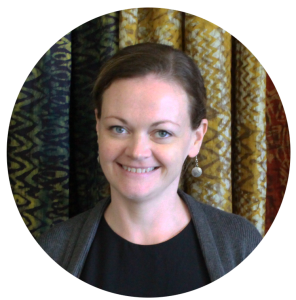
Tell us a little about yourself (hometown, intellectual or creative interests, skills you’re proud of, hobbies, etc.).
I’m enthusiastically proud to be from Dayton, Ohio, but it’s been ages since I’ve called it home. Since graduating from college and moving away from Dayton, I’ve lived in ten different towns/cities on three different continents, making change a defining feature of my adult life. My research interests are at the intersection of higher education policy, justice in language education, and human development. For my dissertation research, I explored the holistic experiences of female international graduate students from the Arab Gulf, particularly their experiences with academic writing. In future research, I plan to consider the relationship between graduate student advisors and their students. Beyond my academic interests, I am proud that I can make a perfect 16-ounce smoothie without measuring anything, sleep in nearly any place or condition, and sweep world geography trivia categories. My hobbies include looking for the perfect gif, applying critical theories to reality TV, and yelling at the news.
Who are some of your favorite writers?
My favorite fiction authors include Kurt Vonnegut, Nawal El-Saadawi, Zadie Smith, and Jabra Ibrahim Jabra, but you’re more likely to find me in front of the TV than reading a book! My favorite TV writers include Michaela Coel, Ramy Youssef, Phoebe Waller-Bridge, and Damon Lindelof.
Are there genres or assignments that you especially enjoy helping students with?
My favorite things to help students with are any genre or rhetorical situation that they’re writing for the first time. Whether it be writing their first conference proposal or first reflection paragraph in an undergraduate course, I like supporting students in building self-efficacy to approach the unfamiliar. I also love working with writers who are exploring topics that I am familiar with but have never considered in the way that the writer is considering it. In the past, through working long-term with writers, I’ve had the opportunity to learn about the relationship between landscape design and wellness for institutionalized people with Alzheimer’s disease, the effect that the emergence of printmaking had on political messaging in Latin America, and how cities can plan evacuation routes for natural disasters. I love learning not only content from what writers are working on but also understanding the ways that the writer and their field approach the issues that they study.
What would you like to see accomplished this year?
This year, as a new Faculty Associate in the Writing Center, I hope to orient myself to the center and WAC program, and establish and strengthen relationships across campus that will allow us to promote social justice for students from marginalized language backgrounds. Being new to the center, I want to observe and learn more about the center’s and campus’s needs in this regard. In my one-on-one work with writers, writing center instructors, Writing Fellows, and in collaboration with my colleagues, I hope to make others feel listened to.
Lisa Marvel Johnson
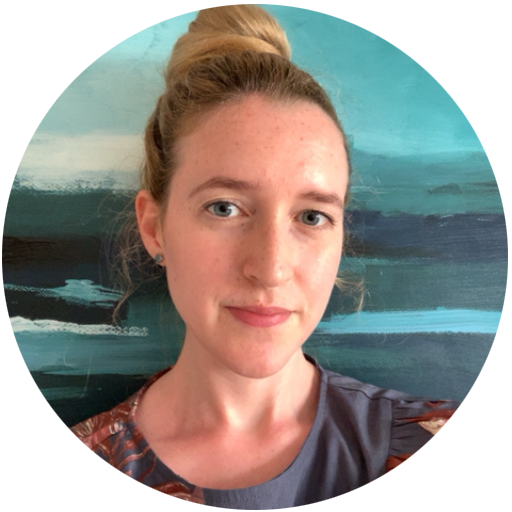
Tell us a little about yourself (hometown, intellectual or creative interests, skills you’re proud of, hobbies, etc.)
I’m originally from New Hampshire and went to college in Massachusetts before I arrived in Madison. I don’t have too many hobbies, but I volunteer with the Odyssey Project, which offers UW Madison humanities classes to adults who face significant economic barriers to obtaining an education.
What drew you to UW-Madison and our Writing Center?
I originally came to UW-Madison to work on a Ph.D. in English Literature (which I’m finishing now). I was drawn to this particular degree program because of the Afro-American Studies bridge program.
Who are some of your favorite writers?
Toni Morrison is my ultimate favorite. Recently, I’ve been enjoying Jesmyn Ward’s Salvage the Bones and Sing, Unburied, Sing. I’m also excited to read Claudia Rankine’s new book, Just Us: An American Conversation.
Are there genres or assignments that you especially enjoy helping students with?
I love working with students on application essays. It’s so fun to learn more about students’ lives and interests. This type of writing can have such a big impact on a students’ trajectory and future, so it’s gratifying to help students accomplish their goals.
What would you like to see accomplished this year?
Since returning to the Writing Center after being on fellowship, I’ve been so impressed by all of our new all-virtual services. I’m hoping that we will learn more about virtual teaching this semester that we can implement long-term, even when we return to in-person instruction.
What’s one of your favorite things about working with the WC?
My colleagues and the students! It’s so energizing to be surrounded by such hardworking, smart, and caring people.
What are your research interests?
My dissertation—which I’m in the process of finishing—is an interdisciplinary project that draws from the fields of African American Literature, Critical Race Theory, Queer Theory, Media Studies, and Visual Studies. My dissertation pays attention to quotidian moments where Black individuals protest normativity. I argue that dissent which incites significant societal change often occurs quietly, happens in everyday moments, and features the temporal schema of delay and endurance, in other words, of waiting. My dissertation argues that this kind of waiting—that is paradoxically both stultifying and engenders change—is woven and ever-present in the fiber of Black life because waiting for democracy to fulfill its promise is a fundamental tenet of Black experiences.1
Angela Zito
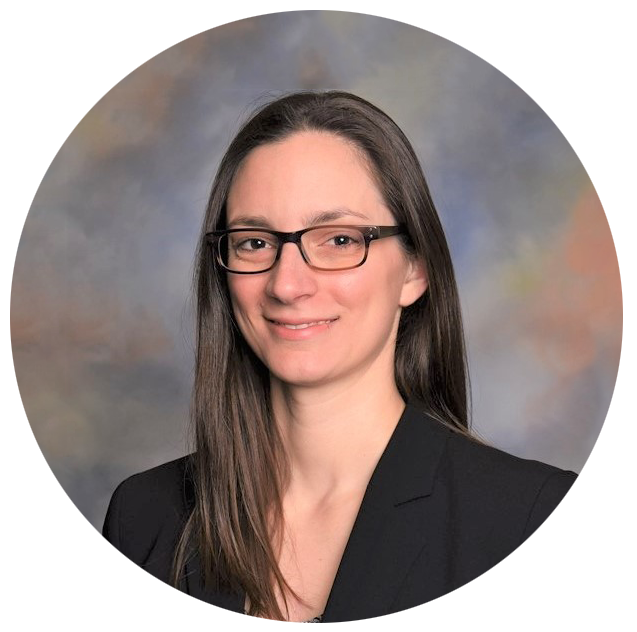
Tell us a little about yourself (hometown, intellectual or creative interests, skills you’re proud of, hobbies, etc.)
My research Interests include scholarship of teaching and learning (SoTL), Universal Design for Learning (UDL), writing across the curriculum (WAC), and student learning outcomes assessment.
I also have a book chapter forthcoming in Reading across the Disciplines (ed. Karen Manarin, Indiana University Press) that I co-authored with undergraduate scholar Jakob Zehms, titled “Read Literature, Read the World: Teaching & Learning the Interpretive Strategies of Literary Studies for Transfer.”
I grew up in various suburbs of Detroit, and Michigan still feels like home to me. I like doing things with my hands when I’m not engaged in Writing Center work (which means I’m actually looking forward to raking leaves and cleaning the gutters this fall!)
What drew you to UW-Madison and our Writing Center?
I loved working as a peer tutor in the writing center at Albion College, where I went for undergrad. When I was weighing graduate school options, the likely opportunity to work as a writing tutor again gave UW-Madison quite the edge.
Who are some of your favorite writers?
I’ve never been able to select favorite writers, but I’m currently reading (and loving) Tomboyland by Melissa Faliveno, The Library Book by Susan Orlean, and Colson Whitehead’s entire oeuvre.
Are there genres or assignments that you especially enjoy helping students with?
Of course, I enjoy talking about writing in all its forms, but research and grant proposals are among my favorites to work on with UW-Madison students. These are always such rich conversations where we delve into reader expertise and expectations, and the inspirational quality of these conversations—of writing something (a project, a program) into being—is invigorating!
What would you like to see accomplished this year?
More widespread recognition of (and collective action to address) the ideology of “standard” language that saturates so many of our conversations about writing.
What’s one of your favorite things about working with the WC?
I love creating and building relationships across campus and the Madison community.
Jennifer Conrad
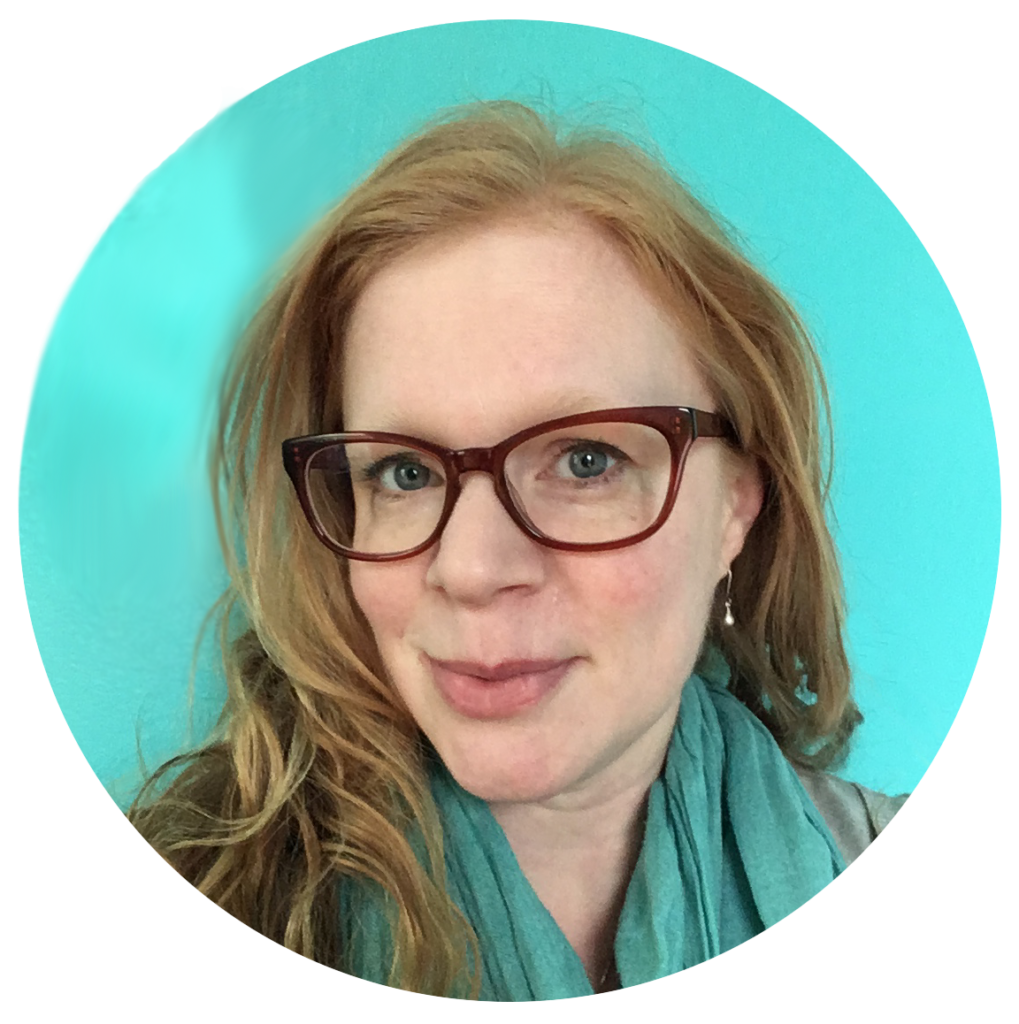
Who are some of your favorite writers?
This year I’ve been enjoying novels by Jenny Offill; I’ve also nearly completed my reading of the entirety of Octavia Butler’s work, a multi-year undertaking for me. I recently found my way back to the writing of Edmond Jabès, which is waiting on my bookshelf for me to revisit when I have more time.
Are there genres or assignments that you especially enjoy helping students with?
I enjoy working with students on personal narratives—and I intend that in the broadest sense of the term. Whether I’m navigating an admissions essay, reading a cover letter, or talking through an assignment for a course with a student, I’m conscious of the “story” the student is presenting: of intellectual progress, personal growth, and future interests. I enjoy helping students to find their voices in these genres.
What would you like us to know about your research interests?
My research considers the role of vulnerability—and especially the vulnerability of bodies—in forming (and informing) how we relate to others, particularly nonhuman animals. I’m interested in how the traumas that we undergo (sometimes but not always instantiated by literary or visual representations) can widen the ethic of care we extend to others, while at the same time broadening our sense of the “we” whose living matters. In Writing Center work, it feels important to me to consider how writing, which is inherently traumatizing to some but, for others, is considered a mode or medium for healing or “processing,” uniquely positions us as witnesses not only to the writing as an an embodiment of thought but also the personhood of the writers who share their perspectives and words with us.
What would you like to see accomplished this year?
This year, I’m excited about all of the ways that we’ve expanded what it means to be a Writing Center! Since the move to online instruction last March, we’ve been able to integrate a number of new services into our offerings, including live chat, face-to-face virtual meetings, and online writing groups for both graduate students and undergraduates. As we adapt to changing—and challenging—conditions, I’ve been holding the word “flexibility” in mind and thinking a lot about the idea of “play” as it makes itself known through these experiments in virtual connection. Tree poses in yoga may look easy, but they require tension and contraction, as well as release—and in writing center work, I hope that we can welcome the small adjustments needed for working toward “balance” (whatever that comes to mean for each of us at this moment) and extend that same flexibility to students who are making their way through what is understandably a strange and at times tumultuous semester.
What’s one of your favorite things about working with the WC?
Although the Writing Center operates from within the English Department, it allows for intellectual engagement with disciplines from across the university. Through the writing that students bring in, I get glimpses of the range and depth of original research taking shape at the university, as well as gain a feel for the courses in which students are enrolled. I can dive into the subject matter of a Human Rights and Education FIG, learn about representations of vampires in literature and film, and talk about writing and productivity with dissertators participating in the Graduate School’s Dissertation Writing Camp (co-sponsored by the Writing Center). It’s amazing to see all of the work (and writing) students here at UW-Madison are generating!
Maria Mummert
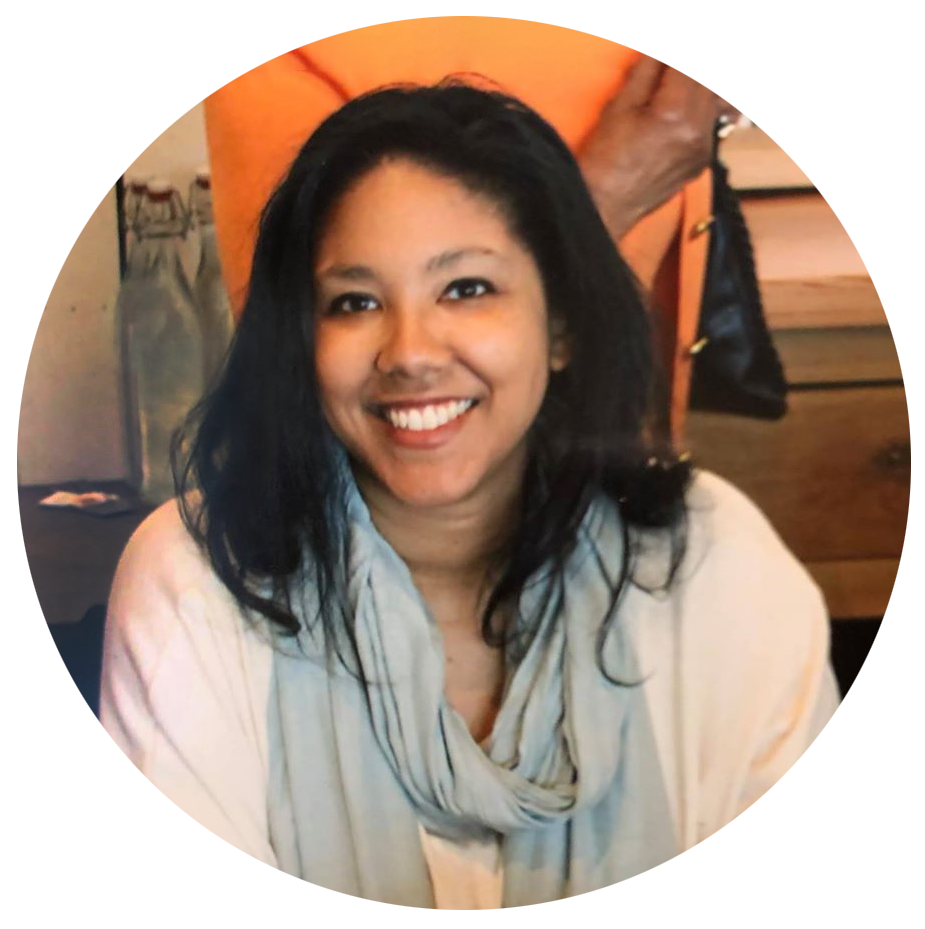
Tell us a little about yourself (hometown, intellectual or creative interests, skills you’re proud of, hobbies, etc.).
I am from Memphis, Tennessee, and I am somewhat proud of the fact that after graduating from UW-Madison, I initially found work teaching writing in my hometown. I like to give back whenever it’s possible.
My research interests involve applying Critical Race Theory to Writing Center Studies and Literacy Studies. For my dissertation I applied archival research methods to tell a story of how various social and political changes shaped African American attitudes towards literacy at the turn of the 20th century.
What drew you to UW-Madison and our Writing Center?
I was drawn to the Afro-American Studies M.A. program. I was also interested in working with Professor Nellie McKay, who easily persuaded me to stay for the Ph.D. in English. While finishing my master’s, I got interested in the Comp/Rhet program and the idea of working in the Writing Center. The idea of working with people on a more intimate, one-on-one basis with their writing as an alternative to lecturing a group of students seemed ideal to me. The Writing Center felt like a bookish introvert’s dream come true.
Who are some of your favorite writers?
I enjoy reading work by Toni Morrison, poet and journalist June Jordan, and satirist Paul Beatty. I try to read everything by bell hooks, Coleson Whitehead, and Alison Bechdel. Also, Min Jin Lee’s Pachinko has been one of my favorite historical novels in awhile.
Are there genres or assignments that you especially enjoy helping students with?
I enjoy the everyday work of helping students with analysis and research papers. Sometimes the lessons we learn with these kinds of assignments stay with us and form a critical foundation for more ambitious projects. Personal statements and application essays are always interesting to read and to teach since they so often invite students to think more about the big picture and how they’re developing into the people they want to become. These essays are often inspiring.
What would you like to see accomplished this year?
I am already in awe of the work done to recreate the Writing Center as a virtual space in such a short period of time, so I want to help the staff maintain the resources and spirit of the physical WC that’s been brought into this new, adapted space. I want to see us thrive and grow in all of our commitments to students, to the community, and to one another as colleagues. I also just want to continue to observe and learn from everyone about how we can keep working to bring our best and do our part to serve the campus and the city of Madison. I appreciate how this process reminds us of the importance of extending patience, grace, and gratitude to ourselves and others in this struggle to find the time and resources to get things done to a certain standard.
What’s one of your favorite things about working with the WC?
Having a leadership role in a Writing Center has presented some of the most dynamic and interesting work I’ve done in a long time. A lot of it comes down to the ambition, hard work, engagement, positivity, and resourcefulness of the people here as well as the legacy associated with this particular Writing Center, under the leadership of Brad Hughes, of course, but also everyone who came after him. The leadership and training must be second to none. Also, I want to reiterate that the instructors and students who come to the Writing Center are an inspiration to me every day. It’s about the people.

Editors’ Note: for the Fall 2020 semester, Another Word will be published on Tuesdays, approximately every other week. Please stay tuned for updates! These will be announced via our “About” page, which will get a freshening up in the near future.
- Anne Ellen Geller, Michele Eodice, Frankie Condon, Meg Carroll, Elizabeth Boquet, Everyday Writing Center: A Community of Practice, (2007). [↩]

